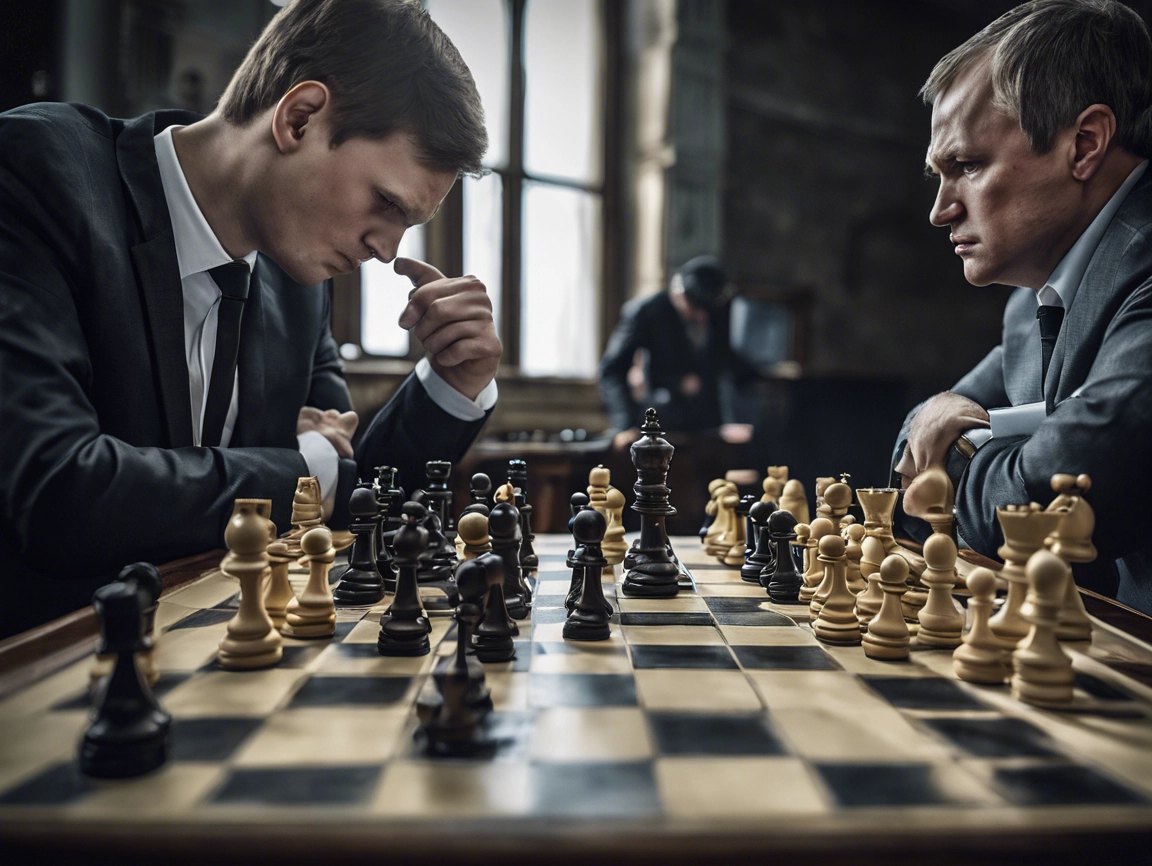
The International Chess Federation (FIDE) recently decided to continue banning Russia and Belarus from international competitions. This decision, made in response to Russia’s 2022 invasion of Ukraine, sends a clear message: the chess world stands against aggression and violations of international norms. While chess is a game of strategy and intellect, it is not isolated from global politics.
A Bold Stand Against Aggression
FIDE’s decision to maintain the ban is not just symbolic. It reflects a commitment to ethical responsibilities within the sport. Chess, often seen as an apolitical pursuit, is now a platform for moral stances. Over 66 countries supported the motion to keep the sanctions, showing that the international chess community values integrity and solidarity with Ukraine.
Critics argue that politics should not influence chess. However, Russia’s close ties between state officials and the chess federation challenge this notion. Key figures like Kremlin spokesman Dmitry Peskov and former defense minister Sergei Shoigu are involved in the Russian Chess Federation. Their presence highlights concerns about political influence, underscoring why the sanctions are necessary.
Consequences for Russian Chess and Global Perceptions
The ban hits Russia hard. A country that once dominated the chess world now faces exclusion. Despite this, the actions of the Russian Chess Federation have only deepened the divide. By organizing tournaments in occupied Ukrainian territories, the federation further alienated itself from the international community.
For Ukraine, this decision is more than a sporting matter. It is a symbolic victory. Viktor Kapustin of the Ukrainian Chess Federation emphasized that maintaining the ban punishes the aggressor and shows support for Ukraine. It also sends a message that global bodies will not tolerate violations of international law, even in cultural and sporting arenas.
The Role of the IOC and Future Considerations
The International Olympic Committee (IOC) plays a significant role in this issue. FIDE is in talks with the IOC about possibly easing restrictions on vulnerable groups like children and disabled players. This nuanced approach shows that FIDE is considering the broader impact of the ban. However, the sanctions against national teams, officials, and symbols like the Russian flag will likely remain in place.
This decision aligns with similar sanctions across the sports world, reinforcing the influence of organizations like the IOC. As FIDE’s Council prepares to finalize the decision, it is expected to uphold the ban, maintaining a firm stance against Russia’s actions.
Conclusion: A Strategic Checkmate
FIDE’s decision is a pivotal moment for the chess world. It highlights the sport’s commitment to ethics and global solidarity. By upholding the ban, FIDE demonstrates that actions have consequences, even for a powerful chess nation like Russia.
Chess is not just a game of kings and queens. It is now a battleground for values and integrity. FIDE’s choice to stand with Ukraine and the international community is a victory for those who believe that sport can—and should—reflect the best of human principles.
Link to the original article on BBC
Our Summer Chess Camps are the best!
We have daily Online Group Lessons for all players of all skill levels!
Our Monthly Chess Tournaments are great for testing your skills!
Get a School Chess Program today!
Join the official Summit School of Chess Club (on Chess.com)

